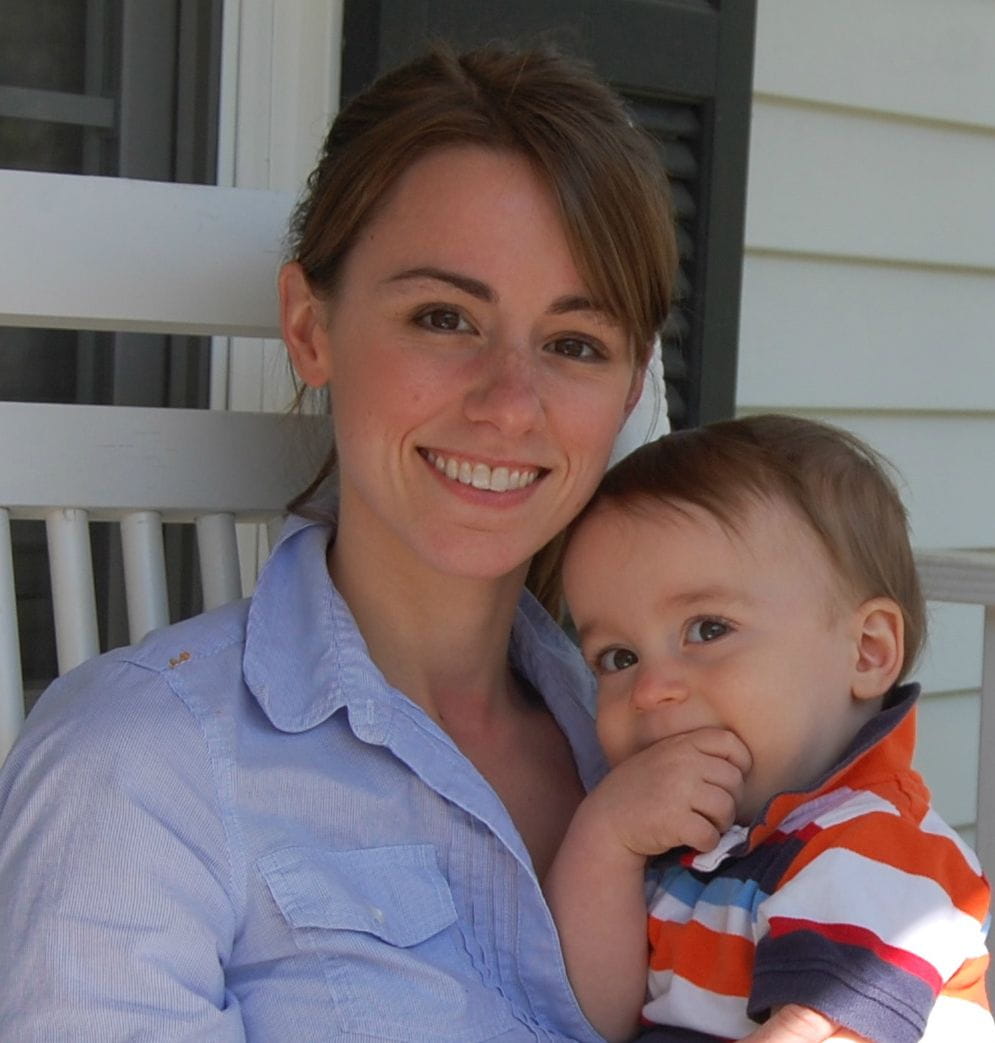
My heart was racing, my hands trembling and my breath was short and fast. No matter how deeply I inhaled, I couldn’t seem to take in enough oxygen. The headache that had started just above my neck was now wrapping around my temples. As I turned the steering wheel to drive home for lunch, I shook my left hand in an effort to knock out the tingling sensation that was encompassing my fingers.
The physiological reactions I was experiencing suggested something serious had occurred. Yet, there was no tragedy, emergency or great personal conflict. I was simply going about my day; but my body suggested something more. My mind had been telling me I was handling life’s stress with ease, but my labored breathing said certain needs were not being met. The pain radiating around my head suggested I needed a time-out; and the numbness moving up my hand told me something had to change. This was my story for several years…until I decided I had had enough.
Our bodies were designed to protect us in the presence of a perceived threat; but when no threat is apparent and our bodies continue to cycle through this exhausting series of fight-or-flight responses, we have to stop and listen. What is going on? Why are we feeling this way?
Fear and over-commitment have been the two most common causes of anxiety in my life. This is the process I have used to address them. Each step has proven to be progressively more difficult, so let’s start with the practical…
(Before diving into the list below, take a quick assessment of your basic self-care – nutrition, sleep and exercise. It’s going to be tough to make progress if we are not also addressing potentially neglected areas that are fundamental to health.)
1. Cut the caffeine. It seems so simple that it almost feels not worth mentioning, but if we are asking our bodies to calm down, it is unfair to ramp them up with caffeine simultaneously. We want to slow our pace, listen to the cues and respond with intention; which means we start by giving our systems a break. I haven’t slept more than three consecutive hours since the birth of my second son in May. I am tired all the time. However, I have learned that caffeine is one of my triggers for anxiety, so I’ll keep filling up my mug with decaf and pretending it is full of energy!
2. Make space. Now that our nervous systems have had a moment to relax, grab that decaf coffee or tea and get somewhere where you can breathe. Take a walk. Get up fifteen minutes earlier to sit in the quiet hours of the morning. Step outside and breathe deeply. Making space implies you are creating space where there is none. It requires intentionality and letting go of something in order to create room. Don’t wait for it to come to you. Make it happen. Once you get into that spot and stretch your legs for a bit, you might need to ask yourself a tough question. Is there anything else I need to let go of in order to create space for a healthier life? For me, the answer to this question is almost always yes. Let it go sister. Make the space. Breathe in the freedom.
3. Watch what’s going in. Controlling what goes in our heads is hard. We live in a world of abundant accessibility. With a few clicks, I can see a video of an earthquake in Asia, read an article about declining US economics, and scroll through pictures of Syrian refugees displaced by war. I need to be a well-informed and involved world citizen, but perhaps it is better that I do not read every heartbreaking detail in the news. Maybe I was not made to know each tragic story, because maybe my heart and mind cannot handle it. This is not limited to the news. Television, books, music…we must be discerning about the words, images, and ideas we let flood our minds. Controlling what goes in helps stop anxiety before it has a chance to take root.
4. Watch what’s going out. Like many women, at times I have been overcome with the fear that something terrible might happen to my family. The adage “just trust God” did not relieve those nightmares, because I do trust God…and I believe that people who trust God still experience unthinkable loss. Look at Paul, Peter, and Jesus himself. Trusting God does not mean we will live perfectly happy lives. So what was I to do?
I used to dwell on my fears, imagining them in their full horror. I pictured the whole scene. What it could look like. What people might say. How I would respond. With each thought going deeper into the picture, I became more consumed with grief and anxiety. I was grieving something that had not happened! It was exhausting. For years, I believed there must be a trick to prevent those initial fears from even entering my mind. Don’t get me wrong, limiting the flow of information coming in (as mentioned above) helps a lot; but it does not abolish all fearful thoughts.
We may not be able to stop the initial concern, but we can control what happens next. Do we dwell on it? Or do we move on? It is in the dwelling that anxiety grows. Do I pray superstitiously that God would cover every step my husband takes while he is away? Or do I whisper a prayer of thankfulness for my marriage and then choose to think about something else. Instead of focusing on what could happen, I will dwell on what is true (Philippians 4:8). It is true that my fears are not a reality today. And it is true that God is good and He loves me deeply. I will dwell on that instead.
5. Face it. I know what you’re thinking - didn’t I just say to stop focusing on the fear? Yes, but there is a difference between dwelling on it and facing it. I used to not let my husband even talk about life insurance. I refused to have a conversation about how I was afraid something devastating could happen. My mind was consumed with panic and acknowledging it out loud felt unsafe, as if the words would make it a reality; but hiding was gasoline on the open flame of anxiety.
This is where I had to learn to trust God. Do I trust Him that I can be honest about my fears? Trust Him that He loves me deeply; and that if my fears became reality, His story would still be bigger? That I would breathe again? Maybe you are not afraid of tragedy, but perhaps there is a fear of facing something else – bills, a conversation, a story you need to tell, the possibility of failure. Fear loves the dark. It festers in those hollow caves and pours out crippling anxiety. Force it into the light, invite God to enter those difficult places, and rest in the freedom that He brings (2 Corinthians 3:17).
All of this occurs along a continuum. There have been weeks when the headaches returned and my heart rate escalated once again. I took notice, made adjustments and relief came. During other seasons, I stepped up to face it and found that I needed the additional help of a professional counselor. Be discerning about where you are on that spectrum. Speak honestly and compassionately address your needs. Anxiety is telling us something. It's our job to listen and respond.
What might your anxiety be saying to you? How can you respond today?
Related Article: Do Christians Have More Anxiety?
Related Article: When Panic Attacks









